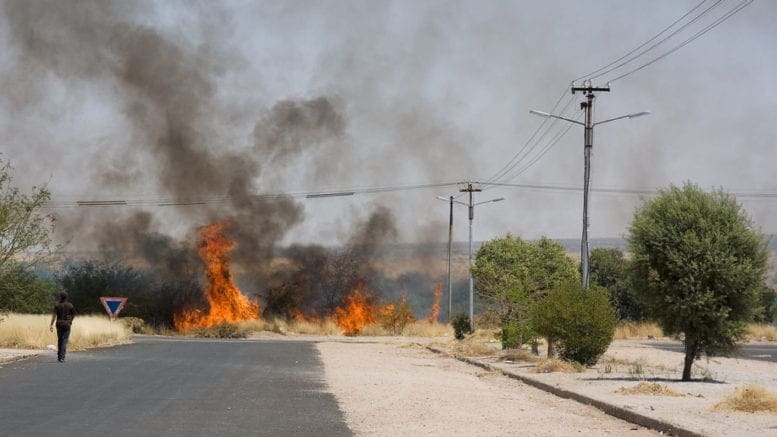Citizens of Powder Springs and people with a Powder Springs mailing address have an opportunity to get in-depth training on how to help yourself, your family, and your community, in the event of an emergency or a disaster. The city is hosting Community Emergency Response Team (CERT) training.
According to a flyer for the event:
C.E.R.T. Basic Training is designed to prepare you to help yourself, your family, your workplace, and your community in the event of a major disaster. Because emergency services personnel may be overwhelmed or delayed, you can make a difference by using your C.E.R.T. training to assist others. With training and practice, and by working as a team, you will be able to protect yourself and do the greatest good for the greatest number of people possible after a disaster.
The schedule, location, and contact information for the classes are as follows
City of Powder Springs C.E.R.T. Classes
Dates & Times:
Saturday, January 12, 2019, 9:00 am – 5:00 pm
Saturday, January 19, 2019, 9:00 am – 5:00 pm
Saturday, January 26, 2019, 9:00 am – 5:00 pm
Location:
Coach George E. Ford Center
4181 Atlanta Street
Powder Springs, GA 30127
Registration:
Shannon Slay sslay@cityofpowdersprings.org
(770) 943-1616 ext. 210
About CERT training
The following description from the Cobb County website lists the things participants will learn in the CERT classes:
- Emergency Preparedness: Addresses hazards to which people are vulnerable in their communities. Materials cover actions that participants and their families take before, during, and after disasters.
- Fire Safety: Briefly covers fire chemistry, hazardous materials, fire hazards, and fire suppression strategies. However, the thrust of this session is the safe use of fire extinguishers, sizing up situations, controlling utilities, and extinguishing small fires.
- Medical Operations Part I: Participants practice diagnosing and treating airway obstructions, bleeding, and shock by using simple triage and rapid treatment techniques.
- Medical Operations Part II: Covers evaluating patients by doing head-to-toe assessments, establishing a medical treatment area, performing basic first aid, and practicing in a safe and sanitary manner.
- Light Search and Rescue Operations: Participants learn about search and rescue planning, size up, search techniques, rescue techniques, and most important, rescuer safety.
- Disaster Psychology and Team Organization: Participants learn about problems in organizing teams under emergency conditions and operating a neighborhood command post. Students learn concepts of resource procurement and allocation, disaster psychology, damage assessment, and documentation.
- Terrorism and CERT: Focuses on CERT operations before a disaster such as long-term planning, how to organize a neighborhood, evaluate available resources, and identify people with special needs.

